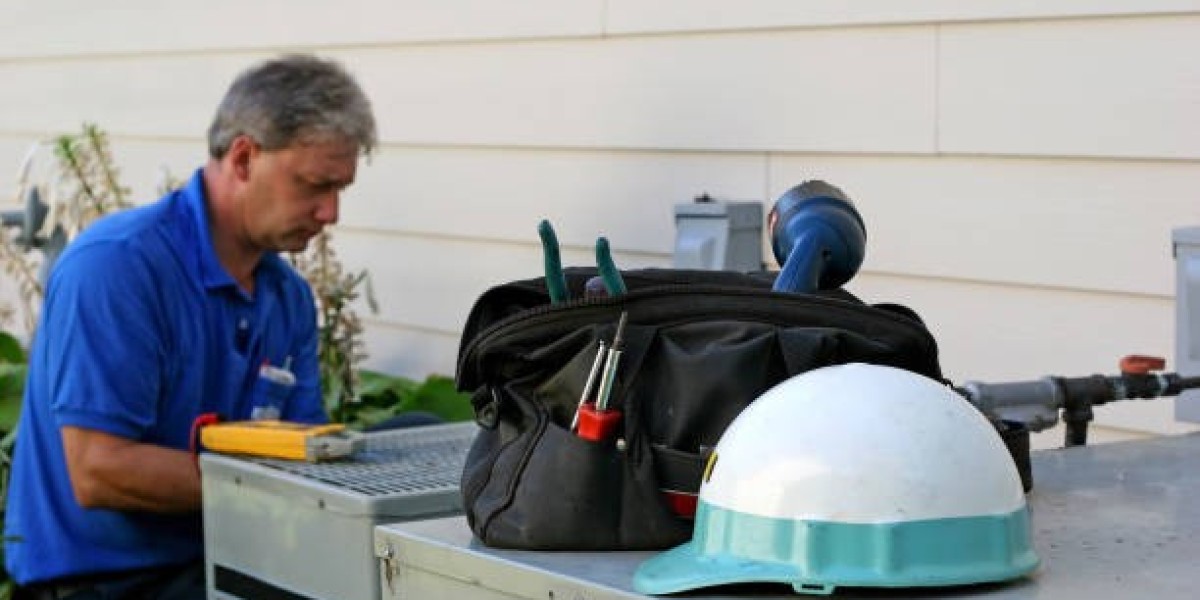The heating, ventilation, and air conditioning (HVAC) industry is evolving rapidly. From the shift toward energy-efficient technologies to changing safety standards and environmental regulations, technicians need to stay ahead of the curve to remain competitive. While traditional education and on-the-job training are valuable, they’re often not enough to keep up with the pace of change in the industry. This is where joining a professional HVAC association becomes not only beneficial but essential for every technician who wants to grow and thrive in their career.
Whether you're new to the trade or have years of experience, being part of a reputable association opens doors to learning, certification, job opportunities, and a larger professional network. It's a strategic move that can pay off in both the short and long term.
Professional Development That Keeps You Competitive
Technology in the HVAC field is constantly advancing. From high-efficiency systems to smart thermostats and IoT-enabled diagnostics, staying current with innovations is crucial for technicians. An HVAC association provides consistent access to training programs, online webinars, and live demonstrations that keep you informed about the latest systems and tools.
Many associations work closely with manufacturers and educators to develop specialized training that goes beyond what’s available through employer-provided sessions. This means you can learn about brand-specific technology, regulatory updates, energy standards, and installation best practices that are crucial in today’s market.
This continuous learning not only improves your efficiency and accuracy on the job but also sets you apart as a skilled and adaptable technician.
Access to Resources You Can’t Get Anywhere Else
One of the biggest benefits of joining an association is the wealth of exclusive resources. Many offer technical manuals, troubleshooting databases, equipment comparison tools, and instructional videos. These resources are curated and updated regularly to reflect the current state of the industry.
For example, if you’re working on an unfamiliar HVAC system or encountering a rare equipment fault, having access to a members-only troubleshooting forum or digital manual can save hours of trial and error. These tools allow you to deliver high-quality service more efficiently, which in turn builds customer satisfaction and employer trust.
Additionally, many associations host libraries of on-demand training that allow you to learn at your own pace and revisit materials as needed—perfect for busy professionals.
Certifications That Boost Your Career
Certifications are a powerful way to show employers and clients that you know your trade. Most reputable HVAC associations offer certification programs that are recognized across the industry. These credentials demonstrate your expertise, professionalism, and commitment to continued growth.
Some of the most common certifications cover refrigerant handling (EPA 608), energy efficiency standards, system diagnostics, or even green building technologies. Having these on your résumé can increase your chances of landing better-paying jobs, qualifying for government or commercial contracts, or moving into supervisory roles.
Beyond technical knowledge, some associations also offer soft-skill and business development courses to help technicians move into management or start their own service company.
Better Job Opportunities Through Career Support
Finding quality job leads can be tough, especially in competitive regions or during slow seasons. HVAC associations often maintain exclusive job boards, allowing members to view and apply for roles that aren’t listed on public sites. These opportunities often come from reputable employers who value association membership and are looking for qualified, dedicated candidates.
Associations also support career growth through resume workshops, interview prep, and job search strategy sessions. In addition, networking events like career fairs or conferences provide direct access to recruiters and hiring managers.
If you’re currently employed, being in an association also makes you more visible for promotions or specialized assignments. Employers recognize the initiative it takes to join and remain active in a professional organization.
Mentorship and Peer Learning
No matter how experienced you are, there’s always more to learn—and often, the best teachers are your peers. HVAC associations are full of seasoned professionals willing to share advice, offer guidance, or lend a hand on challenging problems.
Many associations offer structured mentorship programs that match less experienced technicians with veterans in the field. These relationships can provide invaluable insight on everything from customer service and time management to technical skills and career planning.
Even outside formal mentorship, peer-to-peer learning happens naturally at chapter meetings, forums, and conferences. Whether it’s a quick tip about a tool or a discussion on code updates, these interactions help expand your knowledge base in practical, real-world ways.
Stay Ahead of Regulations and Codes
One of the biggest challenges in HVAC is keeping up with changing building codes, environmental laws, and safety standards. Missing even a minor update could lead to fines, lost bids, or safety risks on the job.
An HVAC association keeps you informed through newsletters, training sessions, and real-time alerts. These updates are often delivered in clear, actionable formats so you know exactly how changes impact your day-to-day work.
By staying compliant and up to date, you protect yourself, your employer, and your clients—an essential aspect of professional credibility.
Build a Reputation in the Industry
When you join an association, you’re not just gaining access to resources—you’re also building a personal brand. Membership in a respected organization adds credibility to your name and demonstrates your dedication to the trade.
Many associations offer profile listings in member directories, digital badges you can add to your website or email signature, and even press coverage when members win awards or complete certifications.
These visibility tools can be incredibly useful, especially if you work freelance or are building your own HVAC business. Clients and hiring managers are more likely to trust a technician with proven affiliations and a track record of ongoing education.
It's an Investment That Pays Off
Yes, there’s typically a cost to joining an HVAC association. But when you consider the value of the benefits—access to job boards, free or discounted training, certification prep, tools, and networking—the investment is more than worth it.
Many employers will reimburse association dues or factor them into employee development budgets. Others see membership as a sign of initiative and professionalism and may give preference to technicians who are members.
Even if you're paying out of pocket, the ROI often comes quickly in the form of improved job performance, new opportunities, and better pay.
Final Thoughts
The HVAC industry isn’t standing still—and neither should you. If you're a technician who wants to stay competitive, improve your skills, and open new doors in your career, joining a trusted HVAC association is one of the smartest moves you can make.
From hands-on training and exclusive resources to job leads and mentorship, associations offer a support system that’s hard to find elsewhere. You don’t have to navigate your career alone. With the backing of a professional community, your goals become more achievable—and your future in the industry much brighter.






